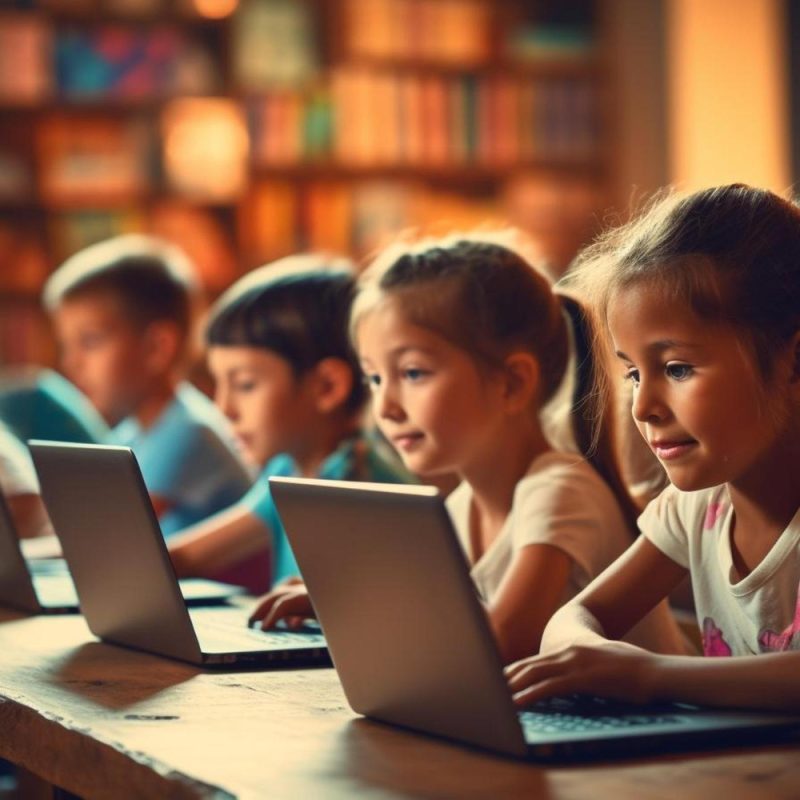About Us
Student Safeguarding
Introduction and Scope
At Disha Indian International school, we prioritize every child’s right to learn and grow in an environment free from abuse or harassment. Our commitment to child safeguarding is reflected in our policy, designed to protect children from harm, promote their well-being, and adhere to international standards. Parents acknowledge this commitment during enrollment, and our policy is easily accessible on our website. We believe in safeguarding children from all forms of abuse, ensuring fair treatment, and prioritizing their best interests. Our practices include clear roles and responsibilities, risk assessments for activities, secure documentation, and continuous improvement through case review.
Definitions and Key Concepts
Child Safeguarding involves preventing and responding to abuse, neglect, and exploitation. Discriminatory, psychological, physical, and emotional abuse are key concerns. We maintain a zero-tolerance stance on bullying and harassment and define reportable concerns as any form of abuse or neglect, promptly addressed and reported.
Legal Framework and Responsibilities
Our policy adheres to child welfare conventions, with all staff legally responsible for student safety. Staff receive training in recognizing signs of abuse, reporting concerns, and cooperating with agencies. Confidentiality and data protection are paramount, with ongoing training and collaboration with external agencies.
Safeguarding Procedures and Reporting Mechanisms
Clear roles, safe recruitment, risk assessments, and secure documentation are core practices. Any suspicion or disclosure of abuse is reported immediately to the designated Safeguarding Lead (School Principal). Support and referrals are provided, and a response plan is developed, ensuring confidentiality and a student-centered approach.
Risk Assessment and Prevention Strategies
We conduct regular risk assessments and implement preventive measures in all school activities. Thorough recruitment practices, campus access control, and off-campus trip planning ensure student safety at all times.
Training of Staff
Mandatory, role-specific training is conducted bi-annually, covering indicators of abuse, reporting procedures, legal requirements, and behavioral expectations when working with students.
Safe Communications
We maintain safe communication practices, including guidelines for social media usage, to protect student privacy and safety. Breaches of these guidelines may result in disciplinary actions.
Anonymous Reporting and Whistleblowing
We encourage transparent reporting of concerns and guarantee protection against retaliation. Our whistleblowing practice covers serious malpractice, ensuring accountability and integrity within our community.
Review and Evaluation Process
Our policy undergoes regular reviews, incorporating stakeholder input, incident analysis, and monitoring of emerging trends. This ensures our commitment to providing a safe environment for all students remains unwavering.





